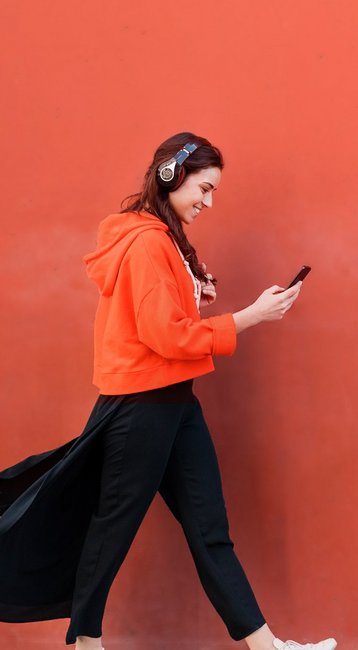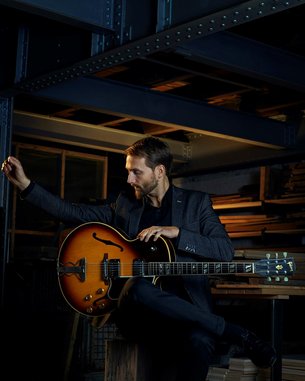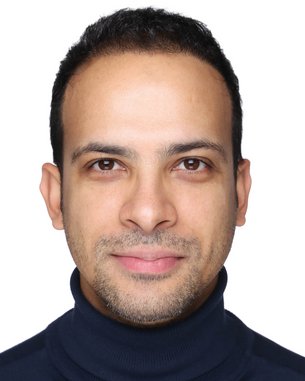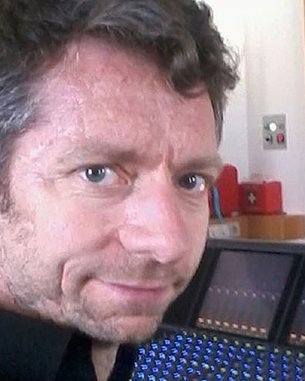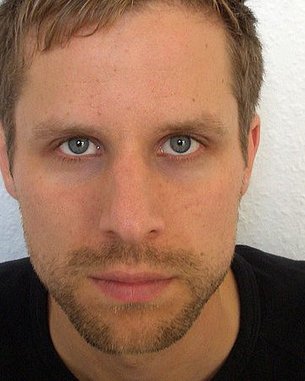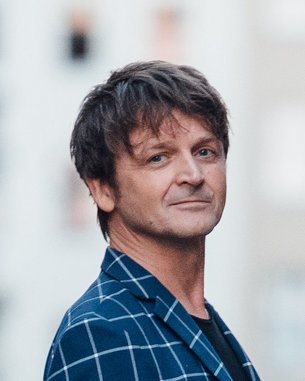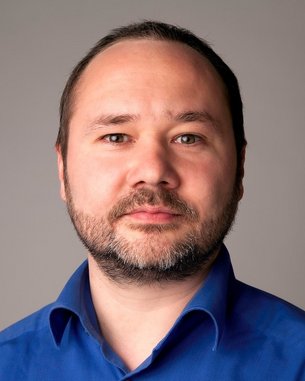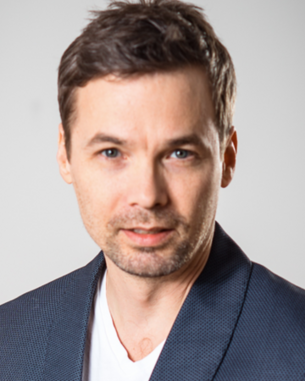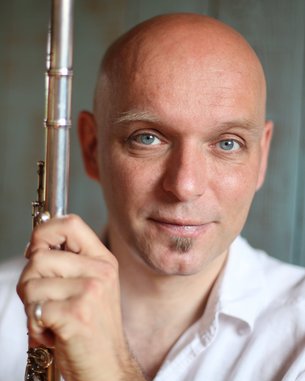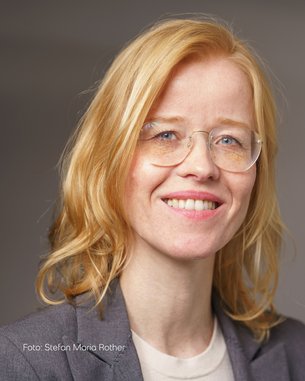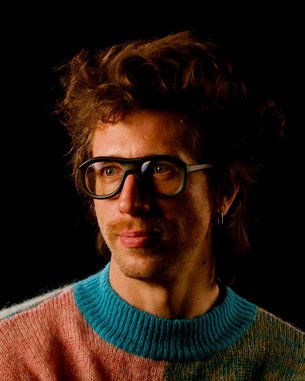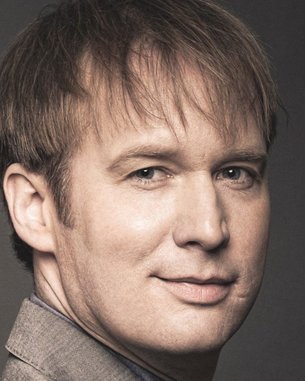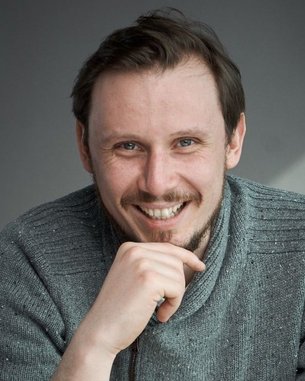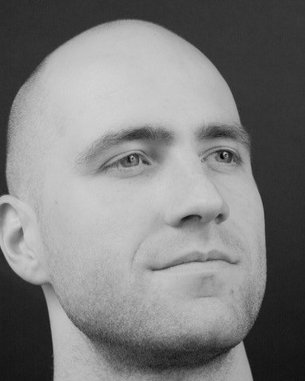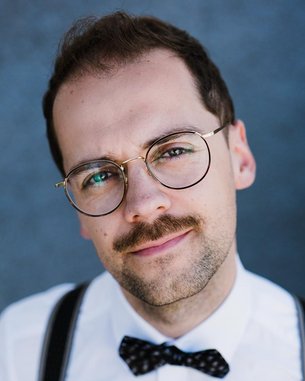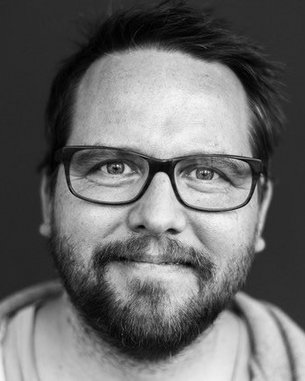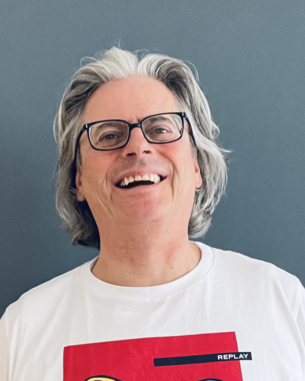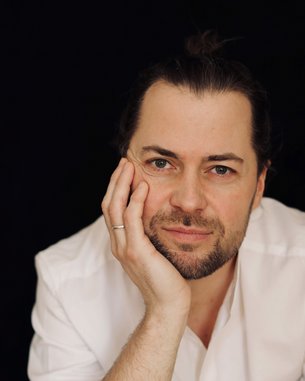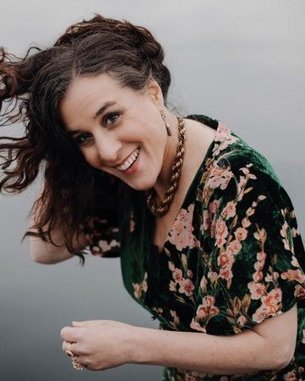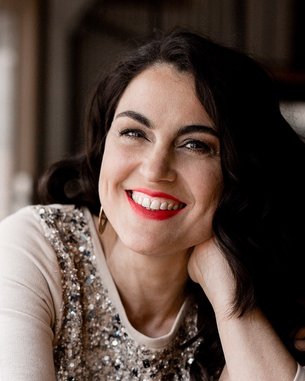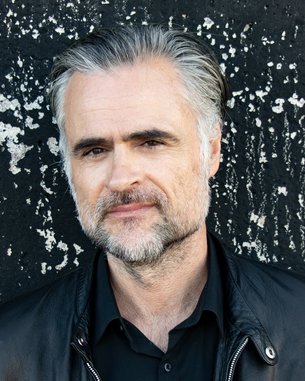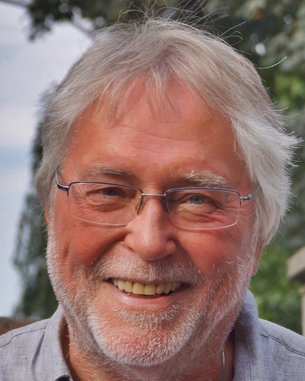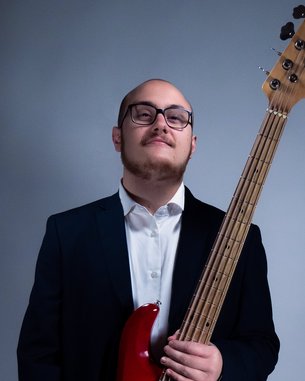Your music is a mixture of hip hop, gamelan and singer/songwriter. Your dream is to become a top musician... We welcome you to our music performance degree B.Mus. Popular Music, the talent factory for musicians of all genres!
All Facts at a Glance
Learn songwriting, singing, performing
Promoting your musical abilities and your artistic identity is the priority in the Popular Music study programme. A mix of individual major and minor lessons, ensemble lessons, repertoire and accompaniment coaching will form your musical basis throughout the entire course of studies. You will hone your musical craft, test yourself in interaction with others and sharpen your artistic profile. You will learn all the basics, tools and the necessary routine in courses such as composition, songwriting, performance training, artist development, pedagogy and recording techniques.
The study programme offers weekly workshops on various practical music topics such as songwriting and sound engineering as well as live panels with experts from the music industry. In addition, a variety of practical projects each semester offer plenty of opportunities to try out your skills in front of an audience and expand your network. Lecturers from all areas of the live and recording industry provide support on your career path.
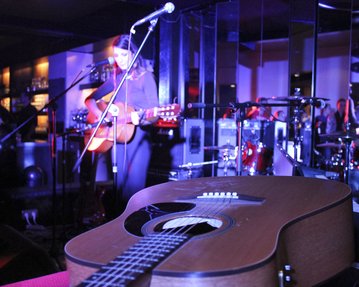
Become a Professional Musician, Pop Star, & more
As a popular musician you make sure that the music of tomorrow remains exciting. You are a recording artist, songwriter and working musician at the same time, creating musical experiences for an audience in changing environments.
A B.Mus. in Popular Music will prepare you for a number of different freelance careers:
- author/composer, adapter/arranger/orchestrator, performer/musician
- sound engineer/sound technician for concerts, events, theatre, radio, TV, recordings
You could also collaborate with:
- songwriters/composers, lyricists, speakers, bands/music groups, orchestras
- producers, sound studios, clients from the industry and private sector
Or employment with:
- production companies, ensembles, concert organisers, educational establishments such as music schools
- phono industry, labels, publishers, distributors, TV and radio stations, PR and marketing agencies
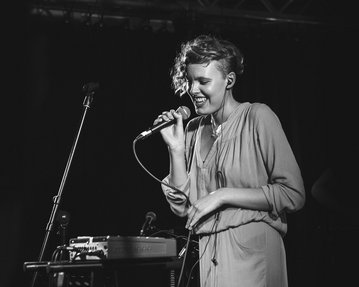
Discover your future in music with us
Live to Love - Claudia Emmanuela Santoso
Our student and "Voice of Germany 2019" winner Claudia Emmanuela Santoso and her self-written song "Live to Love".

Create, perform, inspire: launch your career in popular music
The Bachelor's programme in Popular Music includes hands-on training in music production, composition, performance and music education. You will develop your musical skills and acquire pedagogical competences that are crucial for teaching music. In addition to theoretical knowledge in music theory and history, you will learn how to write songs, arrange them and perform them on stage. The programme is complemented by modules on music law and marketing, which will make it easier for you to enter the music industry.
We will be happy to send you further information material, including the complete curriculum.
Your curriculum
Basics in theory and practice
-
Recording technology
5 -
Music theory
5 -
Music theory
5 -
Practical project I
5 -
Artistic major subject I / Ensemble I / Artistic minor subject I, group major subject I
5 -
History of popular music
5
In the first semester, you will first learn the basics of recording, music theory and music theory. During the introduction to DAWs, you will learn the basics of music production step by step. Elementary music theory exercises in the areas of music notation, composition and ear training, a reflection on the history of pop music and a first musical trial by fire at the first semester concert are on your semester plan.
Development and performance
-
Harmony theory
5 -
Performance practice I
5 -
Elective module I - Choir & Body Percussion
5 -
Practical project II
5 -
Artistic major subject II / Ensemble II / Artistic minor subject II, group major subject II
5 -
Musicology
5
In the second semester, you will focus on the quality of your own performance. You will hone your performance live in front of an audience, in the studio or as part of a video production. You will learn techniques for presenting your own artistic visions professionally and interacting with an audience. You will also immerse yourself in the most important questions and methods of musicology and learn how to use technical terminology correctly.
Songwriting and recording
-
Songwriting
5 -
Composition
5 -
Studio technology
5 -
Practical project III
5 -
Artistic major subject III / Ensemble III / Artistic minor subject III, group major subject III
5 -
Media law
5
The third semester focuses on writing and producing your own songs. From composing and recording to mixing and editing, you will go through the entire production chain of your music. In accompanying courses such as ear training, harmony, setup and studio practice, pressing issues from the creative process are addressed and solved together. You will also familiarise yourself with the rights and obligations you have as a musical author.
Arranging and stage training
-
Arrangement
5 -
Performance training
5 -
Elective module II
5 -
Practical project IV
5 -
Artistic major IV / Ensemble IV / Artistic minor IV, group major IV
5 -
Language/Physiology/Prevention
5
In the fourth semester, you will practise arranging and writing texts for your own and third-party compositions. To this end, you will acquire skills in dealing with different instrument groups and gain routine in working with notation and production programmes. You will also practise performance techniques from the fields of acting, dance, movement and groove training and learn strategies for physical and mental preparation for specific situations on stage and in the studio (Alexander technique, yoga, back training, etc.).
Practical phase
The fifth semester is all about practical experience. During an internship at home or abroad or while studying abroad, you will expand your professional repertoire in a targeted manner and make direct contact with the business world and the various music scenes.
Music business and pedagogy
-
Pedagogy I
5 -
Arrangement II
5 -
Elective module III - Correpetition & Repertoire
5 -
Practical project V
5 -
Artistic major subject V / Ensemble V / Artistic minor subject V, group major subject V
5 -
Artist Development I
5
In the sixth semester, you will enter the field of music education, familiarise yourself with various methods of individual and group teaching and place your own artistic work increasingly in an educational context. At the same time, you will gain a better understanding of the music business and learn the do's and don'ts of successful self-marketing, the most important sales tools and basic tools in the areas of promotion, merchandise and fundraising.
Artist Development and Thesis
-
Pedagogy II
5 -
Elective module IV
5 -
Artistic major VI / Ensemble VI / Artistic minor VI, group major VI
5 -
Artist Development II
5 -
Bachelor thesis
10
In the seventh semester, you will concretise your career aspirations and complete your studies. Topics relating to artist development are now on the agenda, including building and maintaining your own portfolio, creating your press kit, CD and EP production, as well as concert and tour planning. You will also complete the Music Education degree programme by independently leading a teaching sequence. At the end of your degree programme, you will write your B.A. thesis, which may also include artistic and creative elements.
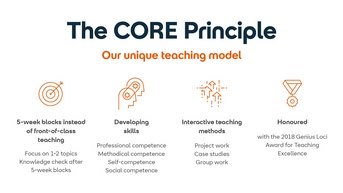
Apply your skills in real life
Today, soft and social skills are crucial in addition to hard skills and expertise. That's why SRH University's innovative, successful, and award-winning CORE principle promotes independent and active learning so that you can apply your knowledge directly to projects and your future career—for a clear competitive advantage.
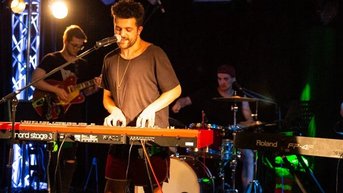
Instruments or vocals
Playing a musical instrument or singing is a prerequisite for admission to the study programme B.Mus. Popular Music and B.A. Music Production. The following are possible: Vocals, piano, guitar, electric bass, double bass, drums, violin, saxophone, trombone, trumpet, flute. You need to present the chosen main instrument during the entrance examination. If your computer is your instrument, check out the B.A. Audio Design programme!

SRH on Spotify
In our playlist we present current and former students from the B.Mus. Popular Music, B.A Music Production, B.A. Audio Design. All songs were either (co-)composed, interpreted, arranged and/or produced by our students!

